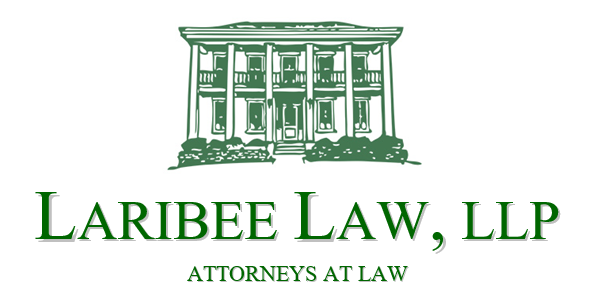Fiduciary Duty: What is it? Why is it so important?
Michael L. Laribee, Esq.
A probate court has appointed you as the executor of an estate. Or, maybe you are serving as the trustee of a trust. As you begin to administer the estate or trust, you may hear the term “fiduciary duty.” But what does this mean to you in your new position? Essentially, it means everything.
Ohio law defines "fiduciary" as a person who has a duty to act primarily for the benefit of another. Fiduciaries include executors and administrators (in estates), trustees (in trusts), conservators (in conservatorships), and guardians (in guardianships). Every fiduciary must act with the highest standard of integrity, utmost good faith, and reasonable diligence and care for the benefit of beneficiaries or wards. That is the fiduciary duty. As a general rule, a fiduciary fulfills her duty if she exercises the care, skill, and diligence of a person of ordinary prudence dealing with the person's own property.
A fiduciary’s powers and duties in Ohio are governed by statutes, common-law, and the written document which nominates and establishes the fiduciary. A few specific examples of the fiduciary duties are:
1. Duty of loyalty to beneficiaries. A fiduciary must never act in a way that benefits other parties over the beneficiaries.
2. Duty to deal impartially with beneficiaries. A fiduciary must follow the terms of a will or a trust strictly and cannot unfairly favor one beneficiary over another.
3. Duty to keep beneficiaries informed. A fiduciary should communicate with beneficiaries regularly and provide accountings of assets and liabilities as well as statements detailing how the fiduciary has spent or invested funds.
4. Duty to avoid conflicts of interest. A fiduciary must never use estate or trust property to benefit themselves or enter into any agreements on behalf of the estate or trust which would benefit the fiduciary rather than the beneficiaries.
5. Duty not to delegate powers. A fiduciary cannot shift his responsibility to complete tasks to another person. Of course, the fiduciary may hire attorneys, financial advisors, and accountants to provide advice and to assist them with fulfilling their duties to the trust or estate. In the end, though, the fiduciary always remains liable to the beneficiaries.
6. Duty to control and preserve property. A fiduciary must take control of trust or estate funds and deposit them in a separate account. She must never commingle her own money with estate or trust funds. Further, fiduciaries must safeguard and inventory property and insure it against destruction or theft.
7. Duty to make property productive and to avoid waste. When a fiduciary expects to serve for an extended time, she should make sure that funds are invested in a way that will generate growth. Likewise, she must not unreasonably risk loss of funds in speculative investments.
8. Duty to pursue claims. A fiduciary must pursue money that is owed to the estate or trust and recover assets through lawsuits or other collection procedures.
9. Duty to reject claims. A fiduciary must defend the estate or trust against invalid creditor claims. He must only pay valid trust or estate expenses.
If a fiduciary breaches her duties, she must answer to the beneficiaries for any financial loss. There is no requirement that the fiduciary acted with bad intentions. The beneficiary must only prove that the fiduciary failed to use reasonable care, skill, and diligence and that the trust or estate suffered loss as a direct result.
It is important that you explore your responsibilities as a fiduciary with a trusted attorney before you begin administering an estate or trust. That way, you and the beneficiaries will be protected. The attorneys at Laribee Law, LLP are here to assist you.
Michael Laribee is a partner in the Medina law firm of Laribee Law, LLP. This article is intended to provide general information about the law. It is not intended to give legal advice. Readers are urged to seek advice from an attorney regarding their specific issues and rights.

